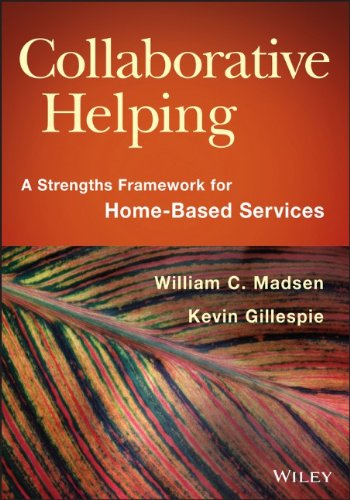

Most ebook files are in PDF format, so you can easily read them using various software such as Foxit Reader or directly on the Google Chrome browser.
Some ebook files are released by publishers in other formats such as .awz, .mobi, .epub, .fb2, etc. You may need to install specific software to read these formats on mobile/PC, such as Calibre.
Please read the tutorial at this link: https://ebookbell.com/faq
We offer FREE conversion to the popular formats you request; however, this may take some time. Therefore, right after payment, please email us, and we will try to provide the service as quickly as possible.
For some exceptional file formats or broken links (if any), please refrain from opening any disputes. Instead, email us first, and we will try to assist within a maximum of 6 hours.
EbookBell Team

4.0
96 reviewsThis hands-on resource provides clear, practical guidance for supportive service professionals working in a home-based environment. Drawing on best practices from a range of disciplines, this book provides a clear map for dealing with the complex and often ambiguous situations that arise with individuals and families, with applications extending to supervision and organizational change. Readers gain the advice and insight of real-world frontline helpers, as well as those who receive care, highlighting new ways to approach the work and re-think previous conceptualizations of problems and strengths. Helping efforts are organized around a shared, forward-thinking vision that anticipates obstacles and draws on existing and potential supports in developing a collaborative plan of action.
The book begins with stories that illustrate core concepts and context, presenting a number of useful ideas that can reorient behavioral services while outlining a principle-based practice framework to help workers stay grounded and focused. Problems are addressed, and strength-based work is expanded into richer conversations about strengths in the context of intention and purpose, value and belief, hopes, dreams, and commitments. Topics include:
A strong collaboration between natural networks, communities, and trained professionals across systems creates an effective helping endeavor. Ensuring sustainability may involve promoting systems change, and building institutional supports for specific supervisory, management, and organizational practices. Collaborative Helping provides a framework for organizing these efforts into a coherent whole, serving the needs of supportive services workers across sectors.